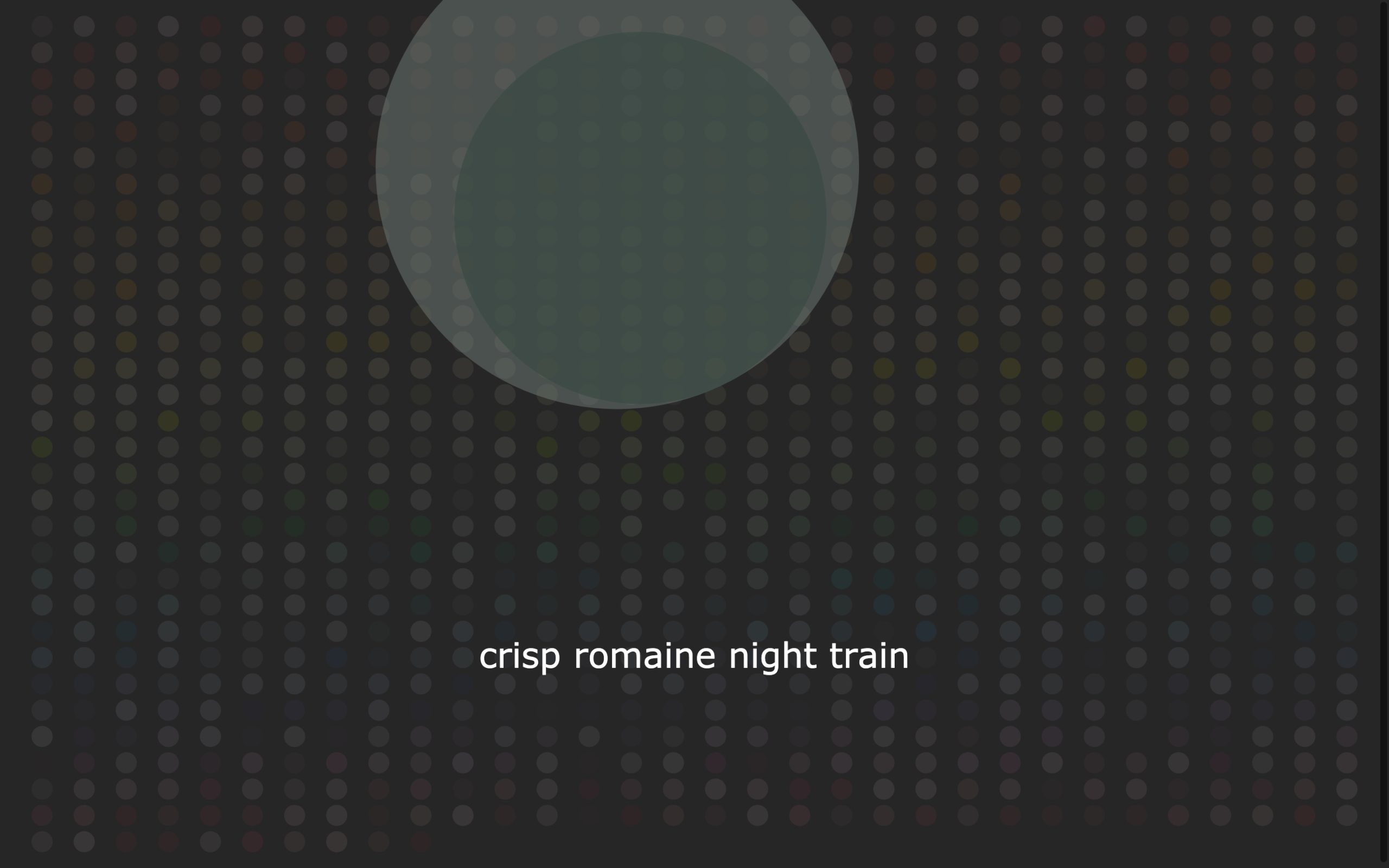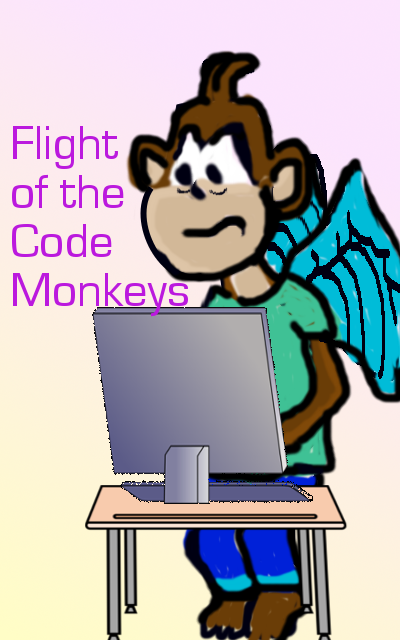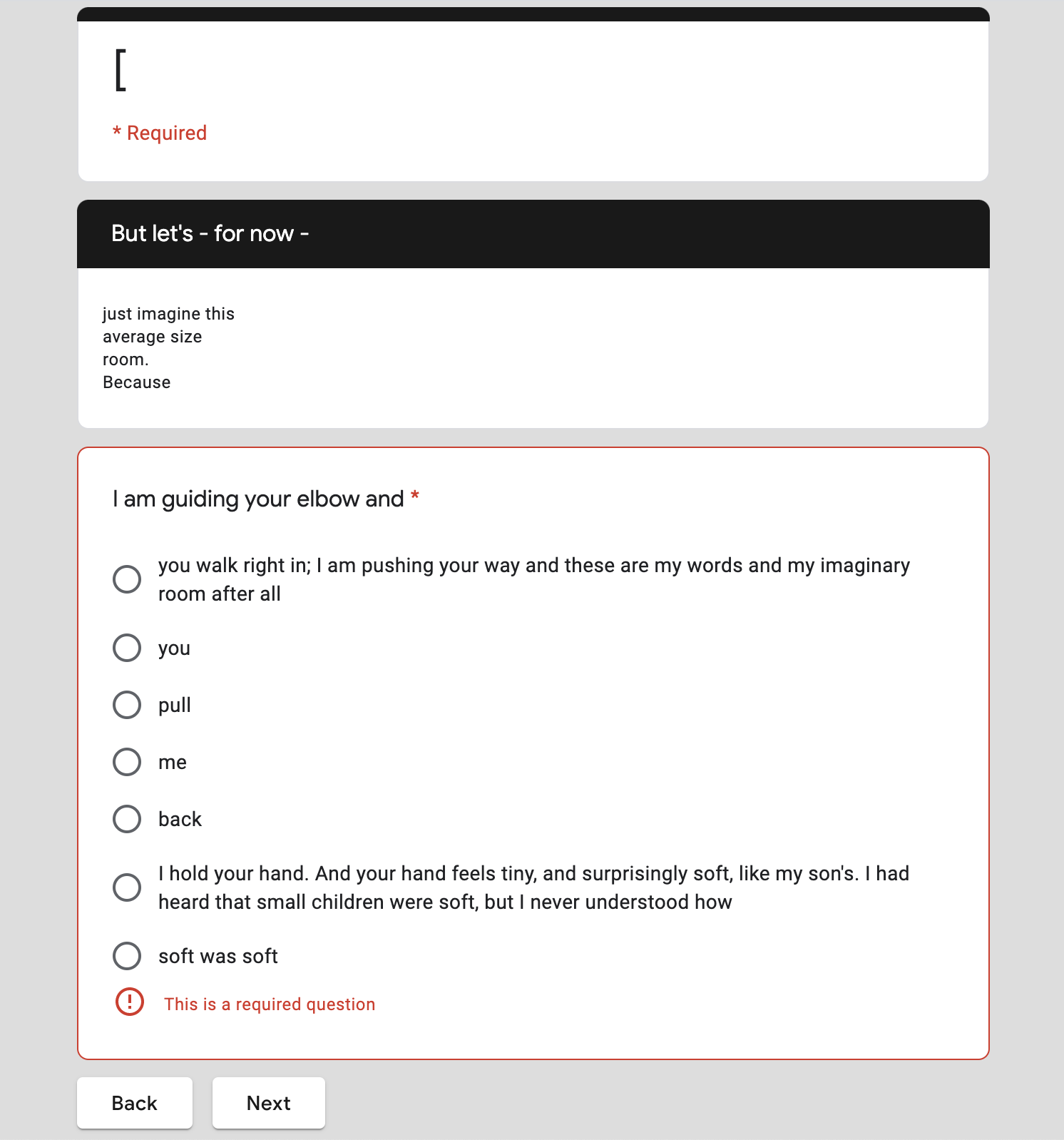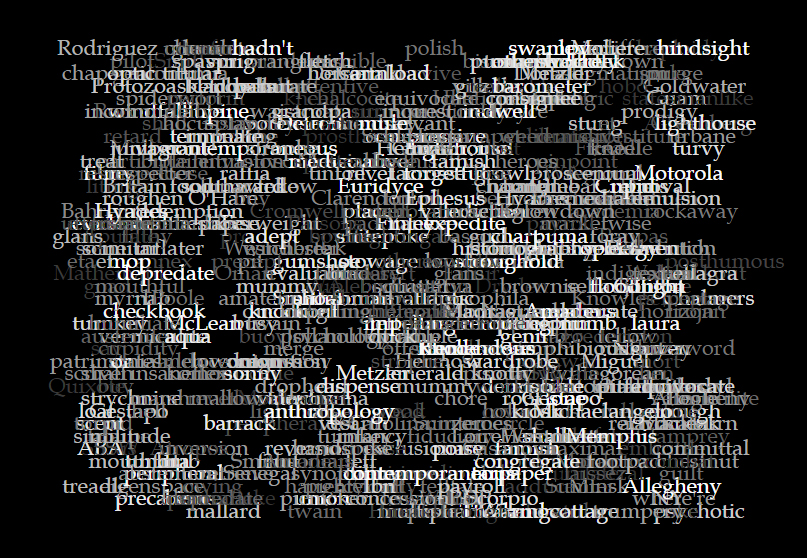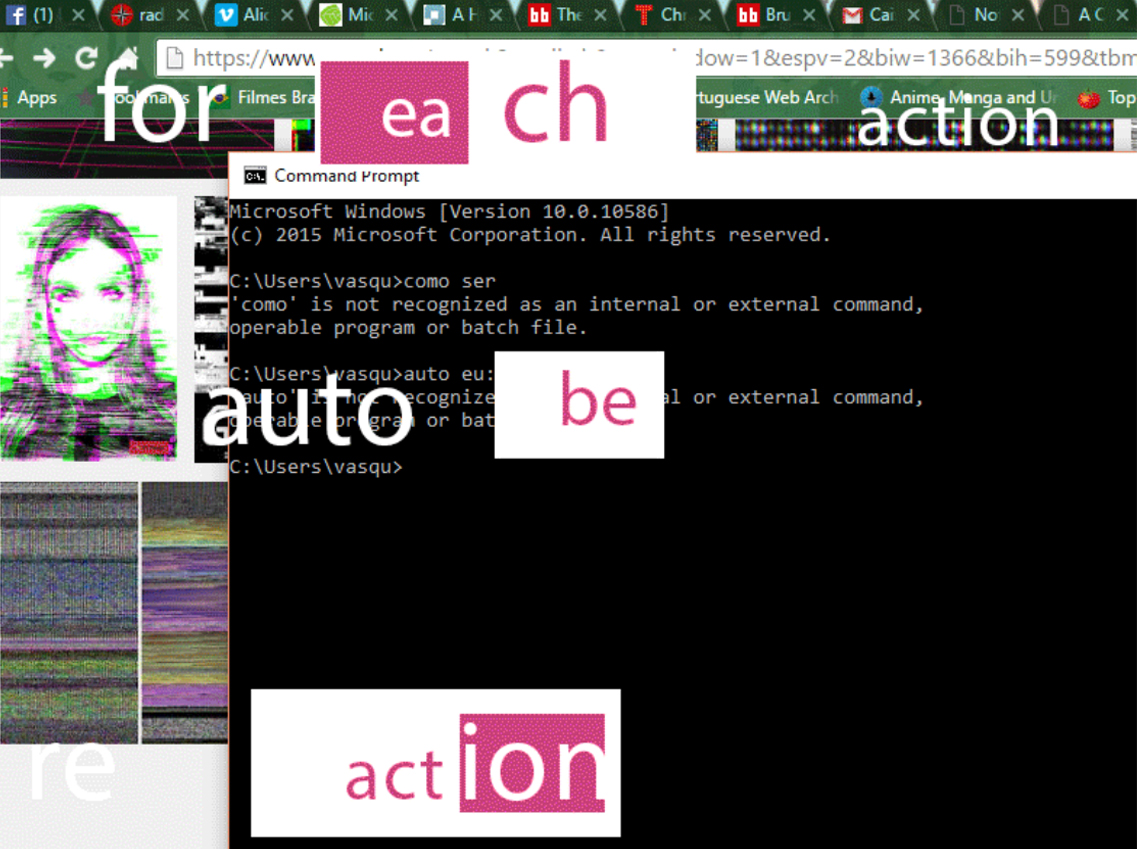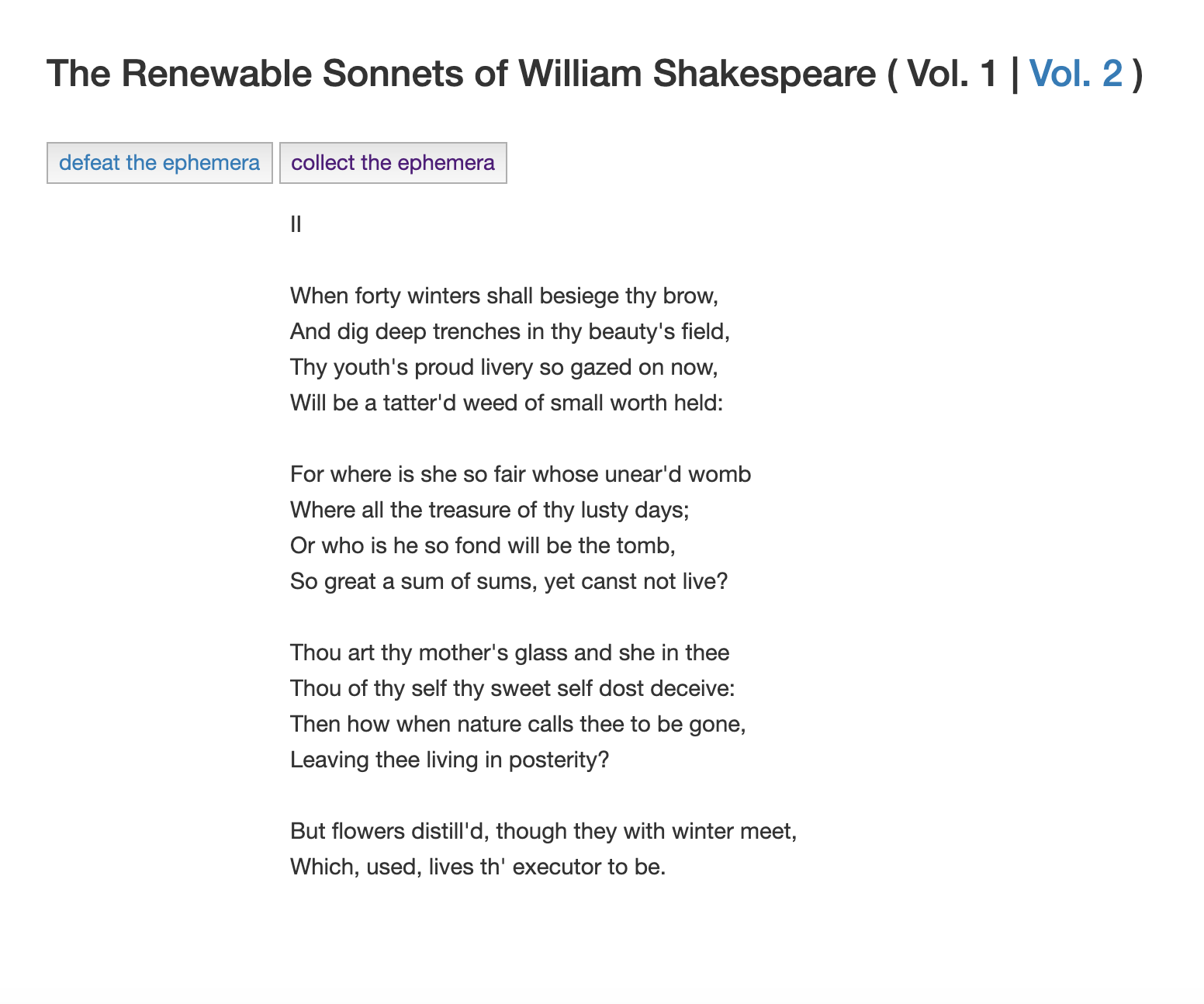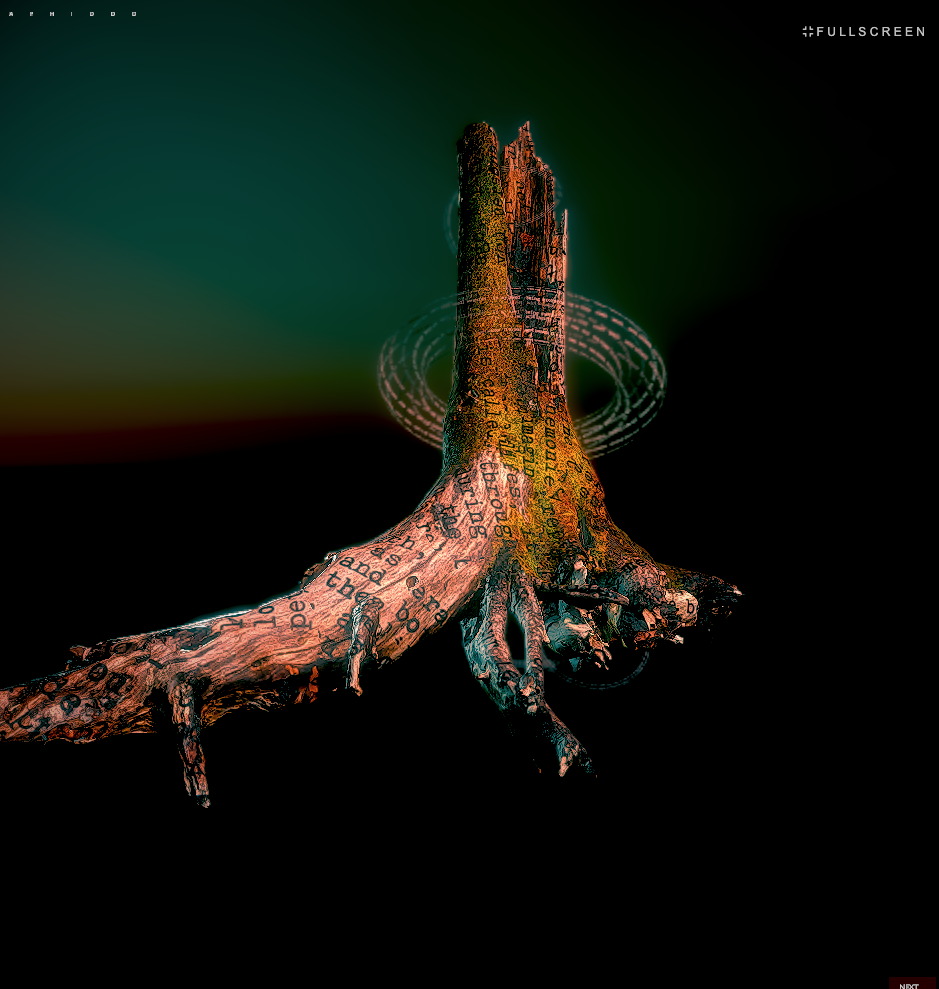Flight of the CodeMonkeys
What if you could interact with a work of digital fiction by changing the very code that creates it?

In “Flight of the CodeMonkeys,” you play a servile programmer who must correct code for a tyrannical AI. In this futuristic dystopia, the AI System has control over everything — everything, that is, except its own code. To make necessary corrections or changes to its code, it needs an army of codemonkeys following its directions to the last bit. However, as you sweat, attending to its many requests, you begin to wonder if the code you are correcting is all that benign. When you are contacted by the Resistance, an anonymous faction poised against the System, your suspicions grow. On the other hand, all you really want is to finish your code work so you can start your vacation with your romantic interest: marta. With each coding error you make, your vacation moves further and further away. It has been said that code holds deep meaning for its readers. This code is as meaningful as it gets, for it holds the fate of its protagonist codemonkey.
In this interactive story, readers change the outcome by changing the very Python code upon which it runs, choosing whether to follow the dictates of the System (and more quickly reach a much-needed vacation) or to follow the instructions of the Resistance and attempt to bring down the System.
“Flight of the CodeMonkeys” runs on Google’s Colaboratory, which is an instantiation of Jupyter Notebooks. The code of the story is “live,” meaning it can be compiled and run. You can also download the Jupyter Notebook to run it locally. Though no programming background is required to read the story, a little literacy might just mean the difference between a life of mindless servitude and making the world anew.

Read online:
https://colab.research.google.com/drive/1abmdaEl3EbfNwkc9pIsqdRhH16RRWyhm
Download Jupyter Notebook
http://markcmarino.com/jupyter/Pystory.ipynb
I am grateful to the assistance of Todd Millstein, Erik Loyer, Jeremy Douglass, and John Murray in the development of this piece along with playtesters: Jenna Marino, Erin Rose Glass, and Serge Bouchardon

